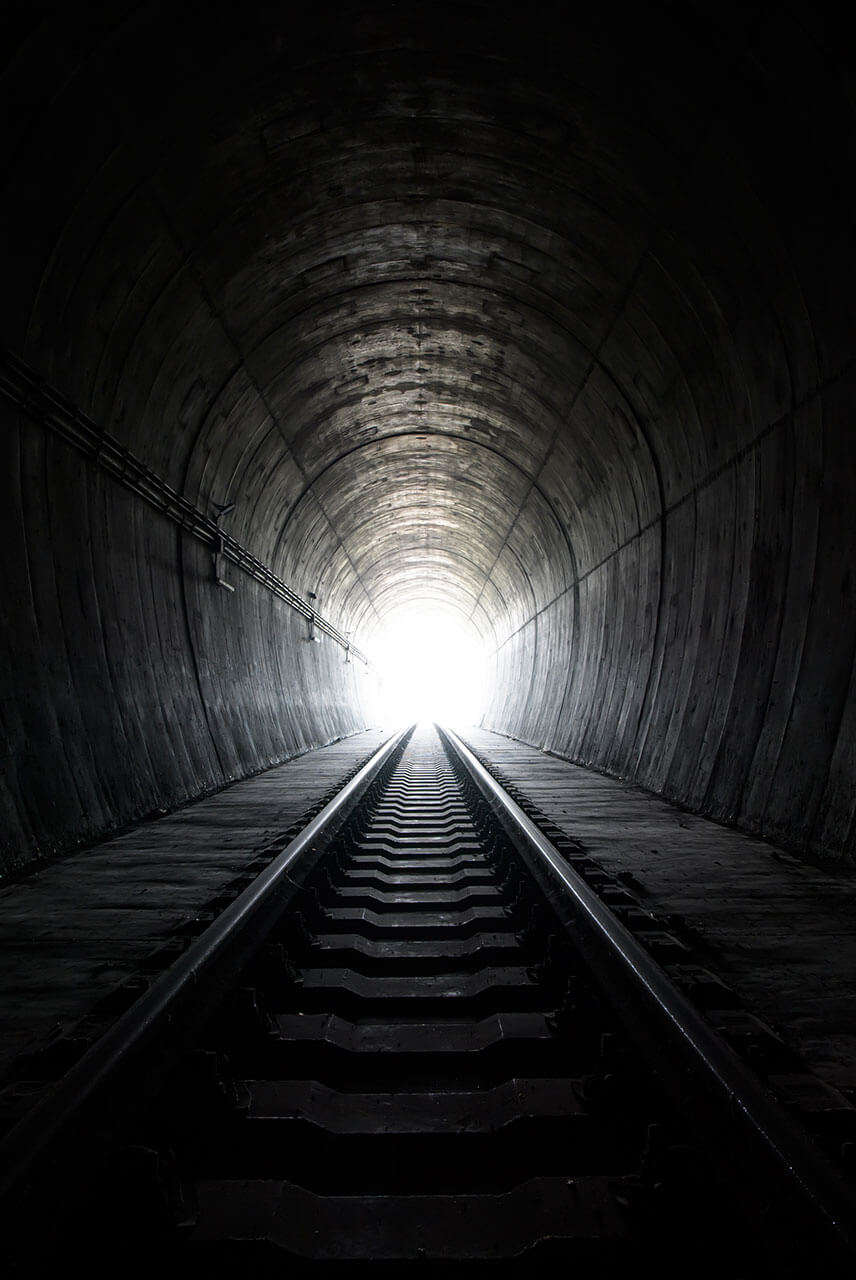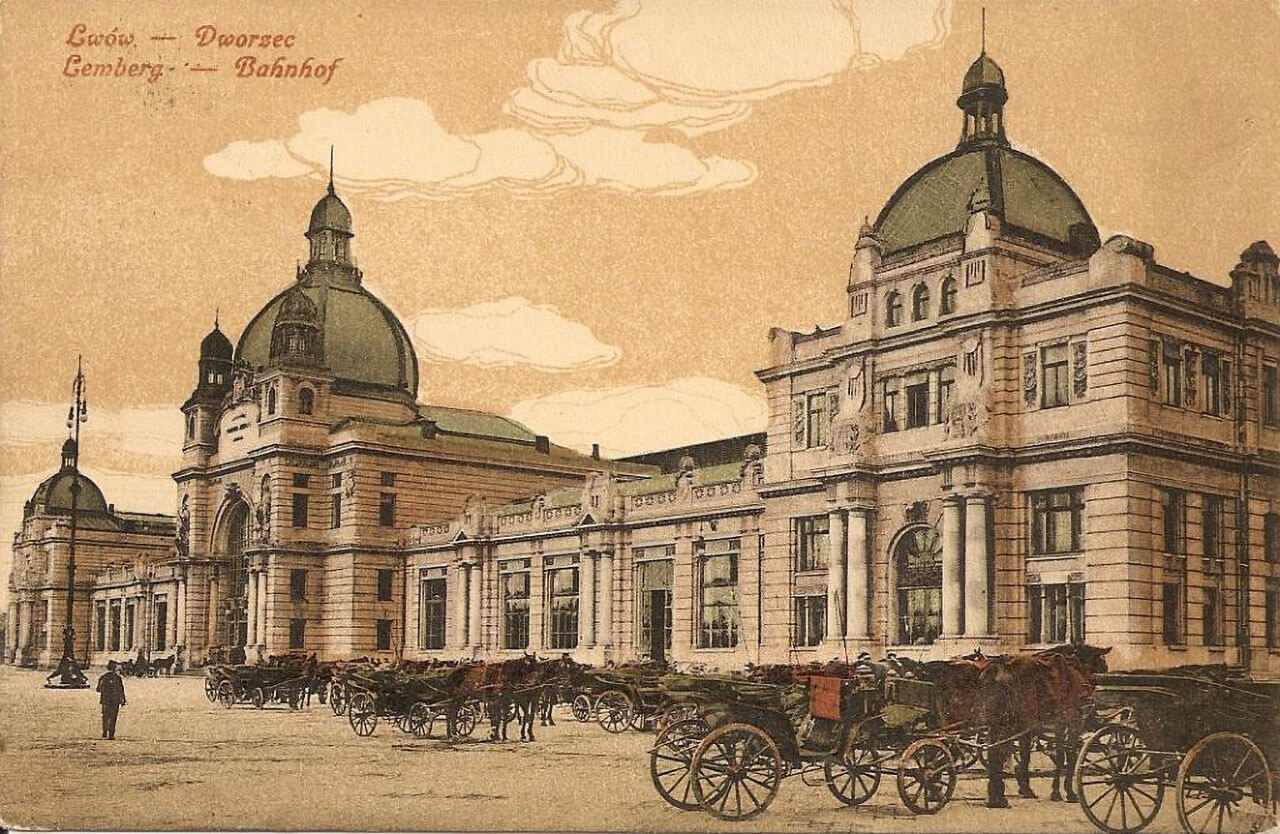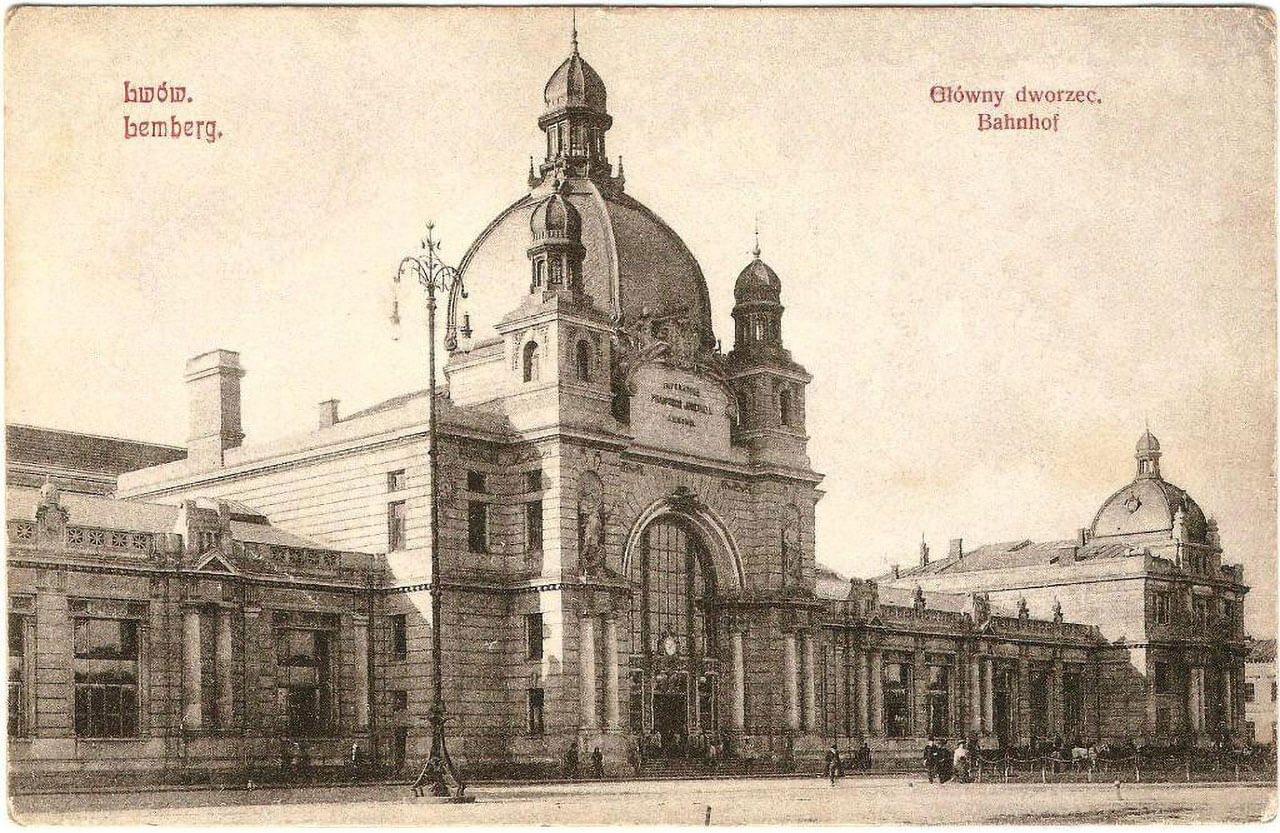Positions on Transport, Technology, Innovation
Behind us lies a year of challenges: in terms of health, society and the economy. In all the months of video-conferencing, what suffered most was the dialogue, the joint discourse, the personal exchange. That’s why we have just now decided to open an entertaining, regular channel with the micro-magazine Level X.

We want to address all these aspects with our magazine in future and discuss them together with you. Our industry needs a dialog more than ever, and this first issue of Level X is intended to provide the impetus. Get in touch with us, we are looking forward to your feedback, but also to your suggestions for topics for future issues. Simply write to Redaktion@ebe-solutions or call (+43 1 865 76 00-47).
Right now, in the face of the climate challenges, the railroad has set out, as it did 200 years ago, to connect countries and continents and to bring our world a little closer together.
And this time it may even help to save it.
We at EBE are proud to play our part in this.
Laurenz Trunner and the EBE Solutions team
installed at level crossings
Our goal for 2021: 2021 light signals!
For the year 2021, we have set ourselves the goal of breaking through the 2,000 mark: At least 2,021 signal heads are expected by the end of the day/end of the year – and things are looking good. In addition to our domestic customers, people abroad are increasingly taking notice of the engineering, quality and safety made in Austria – the internationalization of EBE Solutions is now in full swing.
International standards
for tomorrow’s rail traffic
Of course, international standards for safety technology apply, based on CENELEC – an European system for technical standards. Any hardware and software used must be subjected to these tough requirements and tests, nothing goes towards the rail without proving the appropriate certificates. This process takes years in some areas, but we are deeply convinced that any effort in favor of safety is a wise and necessary investment in the future of rail transport. And thus also an important contribution to climate protection. With the 1,500 LED signals installed so far at level crossings, rail is well secured against road traffic. The coexistence of these two important participants in traffic is thus ensured, whether with simple light signal systems or with our integrated barrier systems. Parallel to this, however, we have also massively advanced the subject of “rail to rail” – i.e. safety technology in general – in recent years.
EBE interlocking technology:
everything runs on track
The area of interlocking technology is also increasingly developing into a second mainstay at EBE. Our current references include one of the largest shunting interlockings for an energy provider in Austria, an innovative switch control system for a large railroad company and an interlocking for a secondary railway line. In our next issue, in which we will devote ourselves entirely to this topic, we will show you how much know-how is contained in every EBE Solutions system.
of the first railway in Ukraine
Vienna–Lviv train line
This year it is 150 years since the line between Przemyśl (Poland) and Lviv (Lviv) was opened as the first railroad line on the present territory of Ukraine. The 98-kilometer long section was part of a connection via Kraków and for the first time connected the center of western Ukraine with the imperial city of Vienna. The line was built by the k.k. priv. Galizische Carl Ludwig-Bahn, a railroad company that emerged from the k.k. Östliche Staatsbahn in 1858.
Multiple “track changes”
In 1892, the line was nationalized by the Imperial Austrian State Railways and has since been in changing state ownership: after the end of the war in 1918, it had been incorporated into the Polish State Railways. With the occupation of eastern Poland by the Soviet Union in 1939, the change to Russian broad gauge (1520 mm) began immediately – but this was reversed just as quickly in 1941 with Germany’s invasion of the Soviet Union. Another “gauge change” finally took place at the end of the Second World War, because the railroad line was again taken in possession by the Soviet Railways. They re-gauged the entire line to broad gauge and integrated it into their network, which was finally taken over by the Ukrainian Railways in 1991.
 Postcard, 1916
Postcard, 1916 View of the building of the main railway station in Lviv, 1910
View of the building of the main railway station in Lviv, 1910
A role model for Otto Wagner
Today, the double-track electrified line is operated by Ukrainian Railways on two gauges (Russian broad gauge to Żurawica north of Przemyśl in Poland). Lviv station is still one of the largest passenger stations in Ukraine, carrying over a million passengers every month. The reception building of the station, built in 1904, served as a model for later buildings in Vienna and Prague and inspired famous architects, including Otto Wagner. Wagner even visited the largest and most modern railroad station in the monarchy at the time to see for himself. After the war, the exterior of the badly damaged building was faithfully restored, but the interior was contemporary in the style of the Stalin era.
Today, the station presents itself almost unchanged and is still the destination and starting point of many international connections – including (and still) to Vienna.
Picture below: the reception building of Lviv station today.
Win a copy of the
“Ukrainian Railroad Ladies” picture book!
The level crossings on the railroad network in Ukraine are almost completely automated and yet still people work in those little pastel-colored houses all over the country: the Ukrainian dispatchers hold the fort, 80% of them are women! Photographer Sasha Maslov has now created a poetic memorial to them in his acclaimed book ”Ukrainian Railroad Ladies”. He portrayed 50 of these proud railroad employees, who – unimpressed by the passing trains and the march of time – have since become a symbol of continuity in this country in transition.
Write us a few lines
about how you find Level X!
Just write us a few lines about what you think of our new micro-magazine. We will draw a copy of the book from all entries. Mail to
 Sasha Maslov, ”Ukrainian Railroad Ladies”, 2020, Osnovy Publishing
Sasha Maslov, ”Ukrainian Railroad Ladies”, 2020, Osnovy Publishing
Ukrainian Railroad Ladies is more than 50 portraits of traffic controllers and safety officers at railroads of Ukraine. This project is also an exploration of why these professions still exist in the 21st century, given the almost entire automatisation of railroad crossings in the country. (The Guardian)